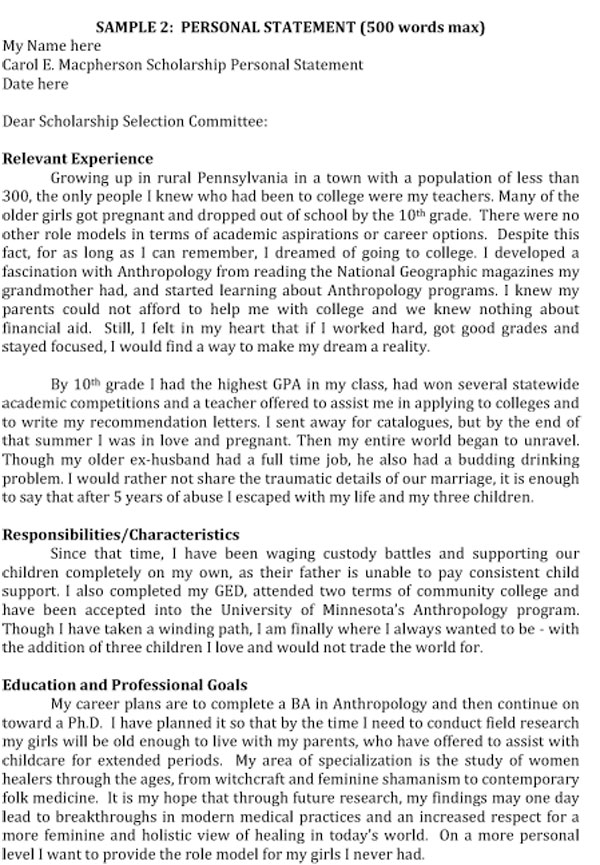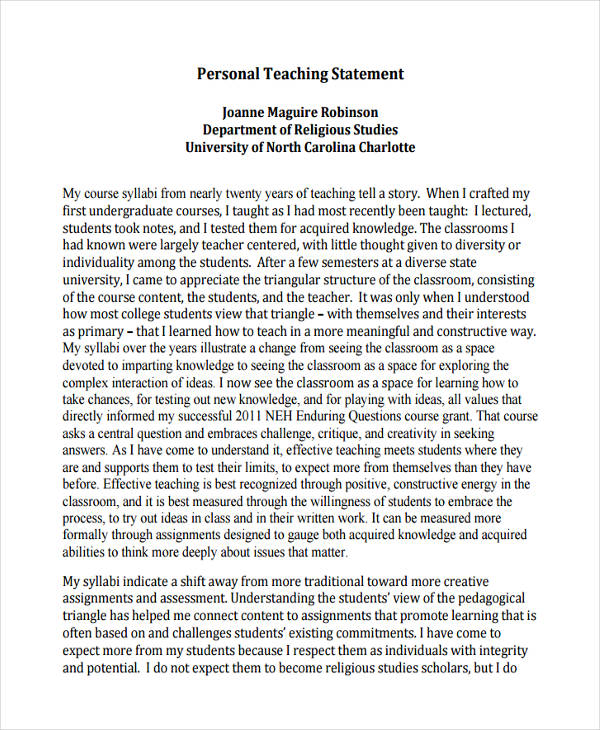
Schwarzenegger, sadly, did little as governor of California to suggest he was familiar with Friedman’s teachings.

Each 1990 episode was introduced by a different celebrity, including Arnold Schwarzenegger. Humorously, the PBS affiliate in New York City - a “hotspot of American liberalism” according to Rose Friedman - made a point of airing the first episode the same night as the Sugar Bowl, presumably to suppress its viewership. The Friedman series enjoyed popular success, drawing an average of some 3 million viewers per episode and outperforming other PBS fair. Perhaps it will not come as a surprise to the reader that French television years earlier did air John Kenneth Galbraith’s “Age of Uncertainty,” which advocated for government intervention. The series - which was privately financed - was reportedly shown in “every major country except France and in many smaller countries,” according to Rose Friedman. The video series was played over 10 weeks in 1980, the same year the book was released.

It has since been translated into “at least 17 languages,” according to the Friedman’s biography, “Two Lucky People.” “Free to Choose” was published as a coda of sorts to the Milton and Rose Friedman book titled “Capitalism and Freedom,” (published in 1962) and a companion to the Public Broadcasting Service series, also called “Free to Choose.” The book’s text was based in part on transcripts from the documentary and became the top selling non-fiction book in the United States for 1980. The individual had become my favorite unit of government.

It inspired me to earn two economics degrees and dedicate myself to the cause of liberty. While I could not articulate why I was uneasy with the baskets of policy proposals each political party claimed to represent, I knew I was put off by many of their ideas.įortunately, while enjoying a college adventure in 1986, I was introduced to Friedman’s book. I will do so by discussing the Friedman book and documentary series (co-authored with his wife, Rose) titled “Free to Choose: A Personal Statement,” which changed my life.Īs a naïve teenager, I once thought that there were only two types of ideas: Democrat and Republican.

It is now time for me to mark his birth, which occurred 100 years ago today in Brooklyn, New York. Almost six years ago, I marked the death of eminent economist Milton Friedman with a tribute published by The Detroit News early on Nov. 16, 2006.


 0 kommentar(er)
0 kommentar(er)
